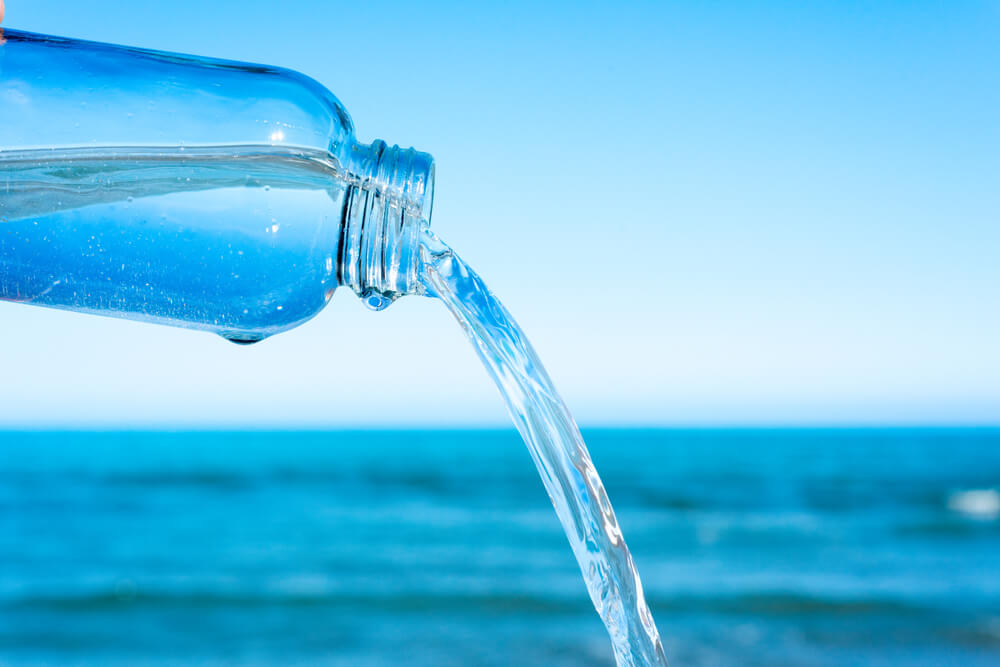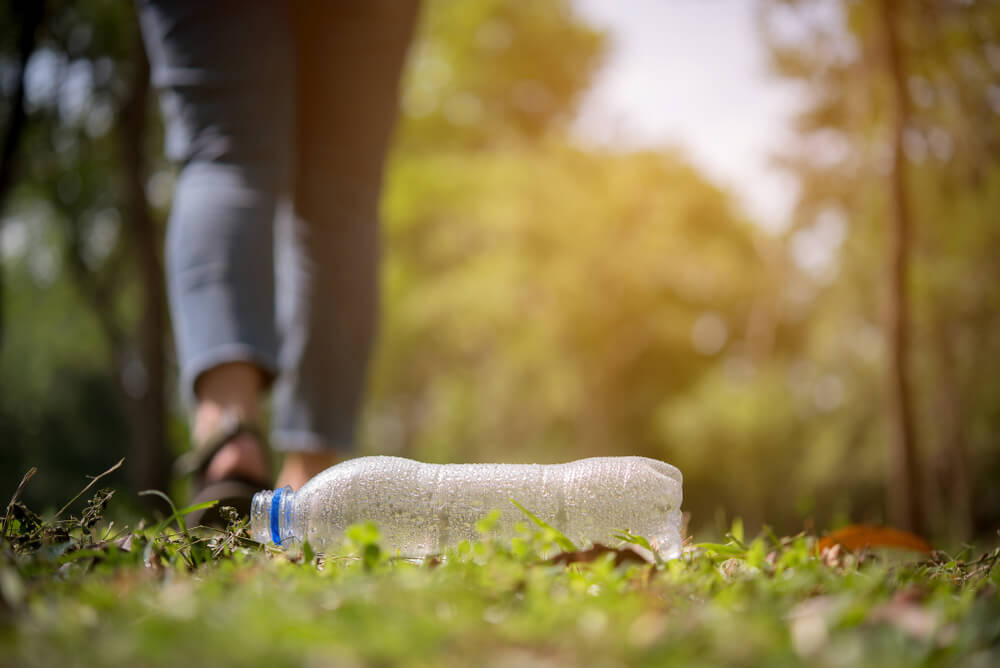Save Money and Reduce Waste by switching to reusable water bottle
Reusable water bottles are a great way to save money and reduce waste. Buying a reusable bottle is a great alternative to buying bottled water. You can use the same bottle over and over again, which helps reduce the amount of plastic waste produced each year.
Plastic production has experienced an epic surge in the last half-century, resulting in extreme use of cheap single-use, throwaway plastic bottles that are threatening every aspect of our ecosystem. While single-use plastic water bottles are sometimes convenient and maybe tastier than tap water in some cities, they generally do more harm than good, especially to the environment, your wallet, and perhaps your health.
Reusable water bottles are also a great way to stay hydrated. You can take your bottle with you wherever you go, and you’ll always have a drink of water available.Plus, reusable water bottles are better for the environment than disposable water bottles.
But Do you ever ask yourself how much money you can save by using a reusable water bottle? Keep reading to find out how shifting from the usage of single-use plastic bottles can be a huge money-saver both in the short-term and the long run.
1. You can save upwards of $12,360 (US dollars) if you switch to a reusable water bottle

It’s been long known that most Americans spend a significant amount of money on bottled water every year. The conservative figure as always stood at around $5 per week per person, which averages out to $200 each year.However, a recent study from Penn State University has blown that number out of the park, showing that Americans spend much more money on single-use plastic water bottles than earlier thought the study revealed that the average person in the US could save approximately $1,236 every year if they ditched single-use throwaway plastic bottles for reusable water bottles.
By 2030 If you do crunch the numbers, you can expect to save a whopping $12,360 in ten years if you ditch your plastic water bottle for a reusable glass or stainless steel bottle. If you had a household of five, for instance, and all 5 of you use $40 reusable stainless steel bottles. That’s an investment of around $200 for your entire family.
Now consider that each member of your household can save an average of $12,360 in 10 years. Long story short, your entire household of five with reusable water bottles can save $61,800 (US dollars) after 10 years.Think about what could do with that kind of money – perhaps you can set up a sizable college fund, travel around the world or maybe buy a new house!
2. Plastic bottled water is 2000x as expensive as tap water. And that cost keeps going up year-in-year-out.
Drinking enough water has numerous tried-and-true benefits for your health and overall sense of well-being. There’s no question about that.
Over the years, Americans have also bought into the idea that they need water within reach wherever they go. Little wonder people in the United States bought $11.8 billion worth of plastic bottled water in 2012, marking an uptick of close to seven percent from the previous year.
However, the real issue, and the most interesting part, is the cost of bottled water to the consumer.
According to a report from Business Insider, the average cost of bottled water in the US is $1.22 a gallon, meaning that you’re spending as much as 300x on the cost of tap water in major cities.
In the year of reference, the entire bottled water industry raked in a staggering $11.8 billion in gross revenues by selling a total of 9.7 billion gallons of water. That averages out to roughly $6 per five gallons of bottled water. And, by the same token, that means bottled water costs three hundred times as much as tap water in areas like Houston.
You must also consider the fact that nearly 2/3rds of all bottled water are sold in 16.9-oz single-use plastic bottles, which drives up the cost to around $7.50 a gallon.
3. Disposable plastic bottles cost you, your city, and everyone else when they end up in landfills

An estimated $11.4 billion worth of recyclable consumer packing, most of which are single-use disposable plastic bottles, end up in our landfills every year rather than being put through recycling. Even more starling, 80% of landfill trash in the US is actually recyclable, with the majority of the rest being plastics.
When you remove single-use plastics from the equation, you’re empowering cities and local governments to recycle more trash.
4. Ditching single-use plastic water bottles can save you lots of money in health cost savings
Using reusable water bottles instead of single-use plastics can make a huge difference when it comes to protecting your health and improving your well-being.
A growing body of research has repeatedly shown that single-use plastic bottles may leach a sizeable amount of a long list of harmful compounds that include Bisphenol-A (BPA), styrene, DiNP (Diisononyl phthalate), antimony, and some phthalates.
Studies have linked BPA to an increased risk for thyroid disease, premature deliveries, cardiovascular disease, type 2 diabetes, obesity, liver disease, and reproductive problems. Needless to say, all of the health complications will cost you big bucks in doctor’s office visits and hospitalizations.
Long-term intake of arsenic via drinking water can lead to skin lesions and various cancers of the skin, lungs, and other internal organs. Exposure to the element has also been linked to increased risk for diabetes, cognitive disorders, and heart disease. On the other hand, a reusable water bottle can be godsent for your fitness and health, which can help you save more money on insurance premiums. glass water bottles is the most sustainable option, for instance, can help you drink more water and fluids like tea or coffee without adding flavor and chemicals.
Now you know how you can save money, stay hydrated and help the environments. :)
